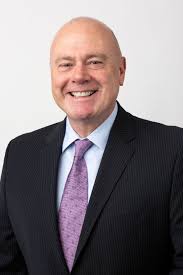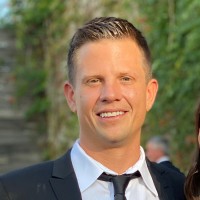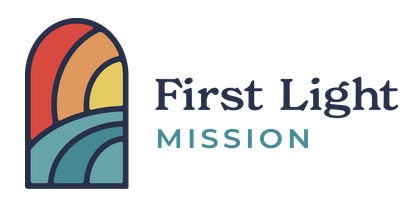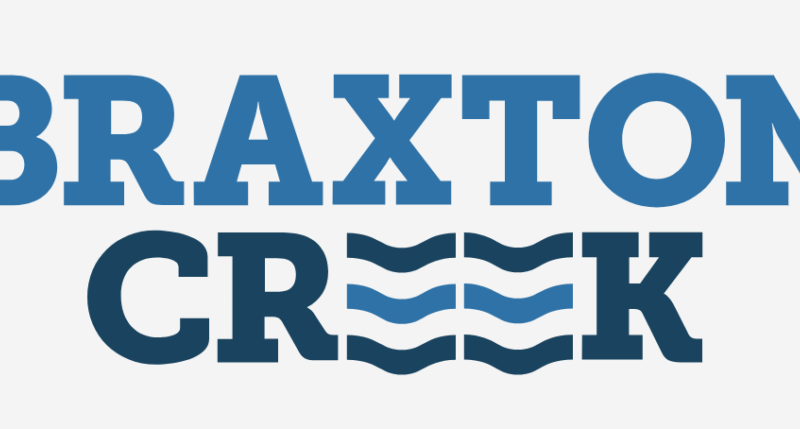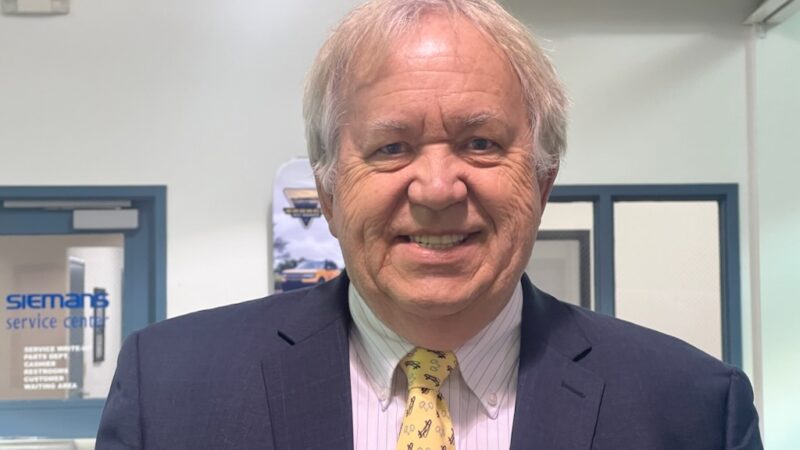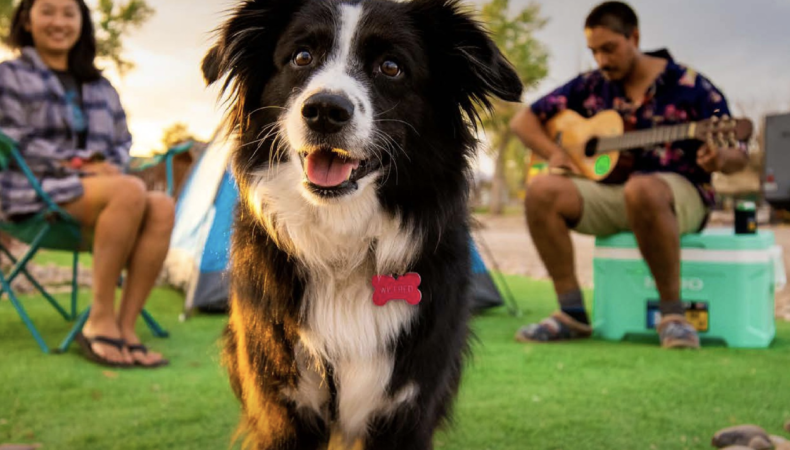WCM Q&A: Palmeri Discusses ARVC’s Voluntary Standards
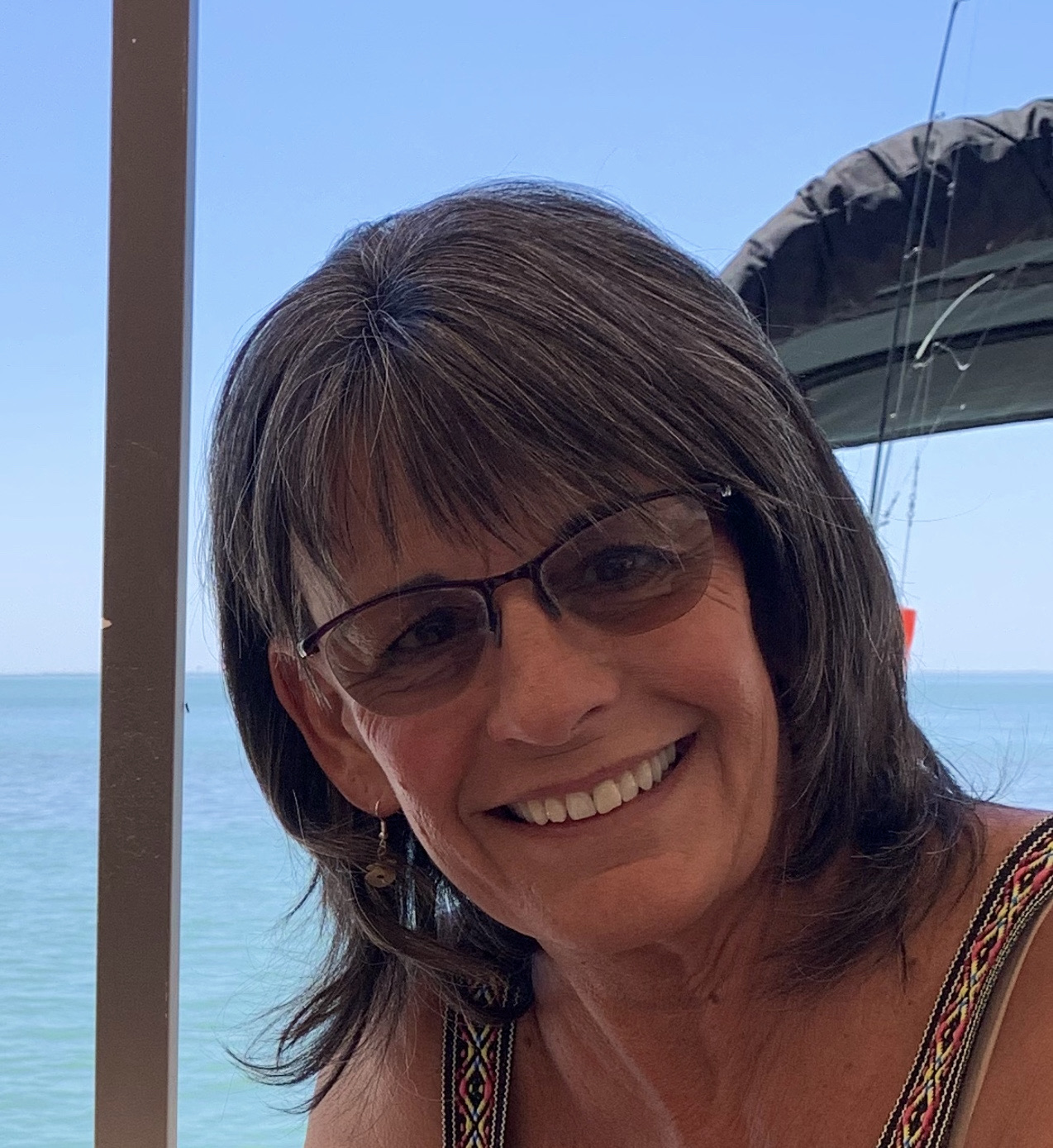
Kathy Palmeri
After selling her park, the Yogi Bear’s Jellystone Park of Estes Park in Estes Park, Colo., in 2010 and exiting the outdoor hospitality space, Kathy Palmeri had a desire to find some way to continue her work in the industry. When the National Association of RV Parks and Campgrounds (ARVC) came to her with an option to chair its Task Force on Voluntary Industry Standards, she was ready to take on the role.
“I am excited to begin working with Paul Bambei (CEO and president of ARVC) and the rest of the ARVC staff because there are so many things when I was chairwoman that I wanted to see as part of our future,” Palmeri said. “Sometimes it can take a while for things to come to fruition and in this case, it has been 20-plus years and it is exciting to be a part of this.”
Prior to this position, while she owned her park, Palmeri was heavily involved at the local, state and national levels, including as chairwoman and board member of ARVC, as an ARVC Foundation board member, president and board member of the Colorado Campground and Lodging Owners Association (CCLOA), board member of the Estes Park Chamber Resort Association, Governor-appointed board member for the Colorado Tourism Office, advisory council member for Colorado on the National Federation of Independent Business (NFIB), chairman and board member of Visit Estes Park and director of business development for Cruise Inn RV Parks.
“I enjoy being on boards and it is a great way to learn more about the industry and tourism in general,” Palmeri explained.
Currently, the task force includes Jim Button (Owner of Evergreen Campsites in Wisconsin); Christa Neundorfer (Operator of Aspen Grove RV Park in Utah); Lisa Courtney (director of franchise sales and support for Camp Jellystone); Nick DiBella (senior VP of operations for Sun Outdoors); Ann Emerson (COO of Kampgrounds of America); Al Johnson (executive VP of Recreational Adventures Co.); Rob Schutter (president/CEO of Camp Jellystone); Chris Hipple (managing agency co-owner of Leavitt Recreation and Hospitality Insurance); Chuck Hays (former independent campground owner and National ARVC Past Chair); and Jeff Sims (senior director of state relations and program advocacy for National ARVC).
Woodall’s Campground Magazine (WCM) recently caught up with Palmeri to discuss her work on the new task force and to get more information on how the task force could impact parks across the U.S.
Below is our edited conversation.
WCM: How far along in the process is the task force and when do you want results to be available for people to look at?
Kathy Palmeri: We started this around March, and we have been meeting monthly since then. At this point, we are pretty close to having a final document that is ready to go out to the next level of individuals, including state executives and others who have been involved at a high level.
After we get some feedback from them, it is our plan to put it out to the industry in general prior to the convention in November so that we can have discussions about it at the convention.
WCM: If this process was started in March, why did it take so long to send out a press release on the formation of the task force and the work it was doing?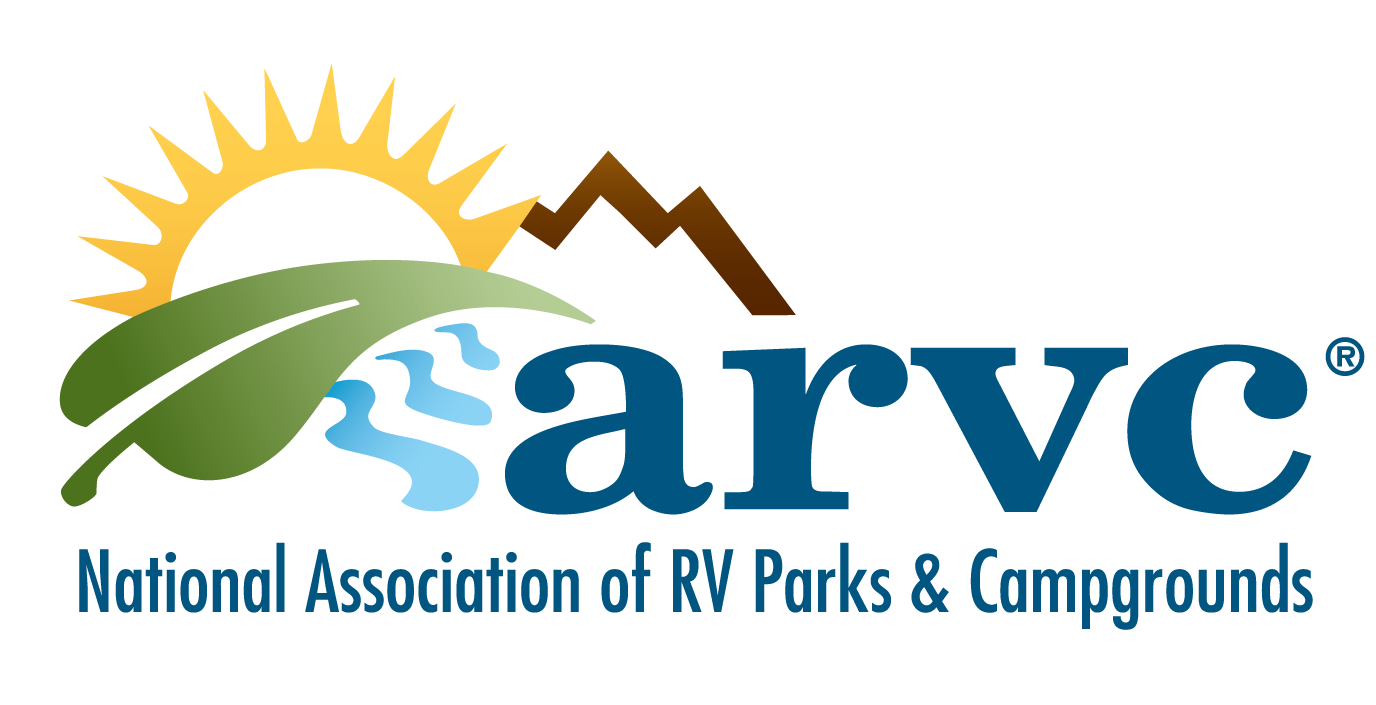
Palmeri: The first few meetings were focused on assessing the need for this type of work in the first place, designing the framework around which the work would be done and then developing the plan and implementation of it. That is the logical way to approach any new initiative and until we had completed several of the phases there was no “news” to announce. We are still not finished but because the next phase involved getting stakeholder input, we wanted to start the conversation.
WCM: There are some state associations in states like Florida, California, New York and Texas that aren’t affiliated with ARVC, are they going to be involved in this process too?
Palmeri: I am not in charge of this, but my hope is that they would be. This should go to everybody. We are not playing a closed game here. We want industry involvement and feedback. Whether they are ARVC members or not, they are still part of the broader industry and they will have good feedback too.
WCM: Why are these voluntary standards needed and do you feel like this is the right move for ARVC to be making right now?
Palmeri: If you look at ARVC’s strategic plan and its mission statement, part of that is creating best practices. For as long as I’ve been involved in the industry, we’ve talked about needing some best practices, standards, whatever you want to call them, just to have some ownership and responsibility about what our industry looks like. Not only for people in the industry but for people outside the industry so that they can have an understanding of who and what we are and what they can expect from us.
The very first meeting we had with the task force was to discuss whether, in fact, it was important to have these standards. Is it something that the industry really needs? After an hour and a half of discussion, the answer was, yes. We just feel consumers are going to appreciate having an understanding of what the industry offers them. All these new people coming into the industry can look at this as a template of what to expect from the industry.
Also, quite honestly, I believe that ARVC as the only national association should be taking the lead on this kind of stuff. It’s part of their job, in my opinion. Leadership isn’t something that you ask for, leadership is something you demonstrate. I think this is a great demonstration of ARVC’s commitment to, and vision for, the future of the industry.
WCM: After the news came out there was concern from some park owners that while the standards are voluntary, they could be used by local and state officials as guidance when putting rules in place on how parks are to look and operate. Is that something that concerns the task force? Is it something that may happen?
Palmeri: Certainly, as long as I’ve been around, people have worried about that in relation to any kind of guidance the industry would give them. I just don’t think it’s warranted, and I don’t think it’s going to be a problem. We did discuss that with our task force. Voluntary, there’re all kinds of guidelines out there in the industry right now. We just don’t anticipate that being a huge problem.
There should be no concern about any conflicts with what states already have in place. I get it that they are worried. As a longtime park owner, I understand that completely. I just don’t see that they need to feel that way about this document.
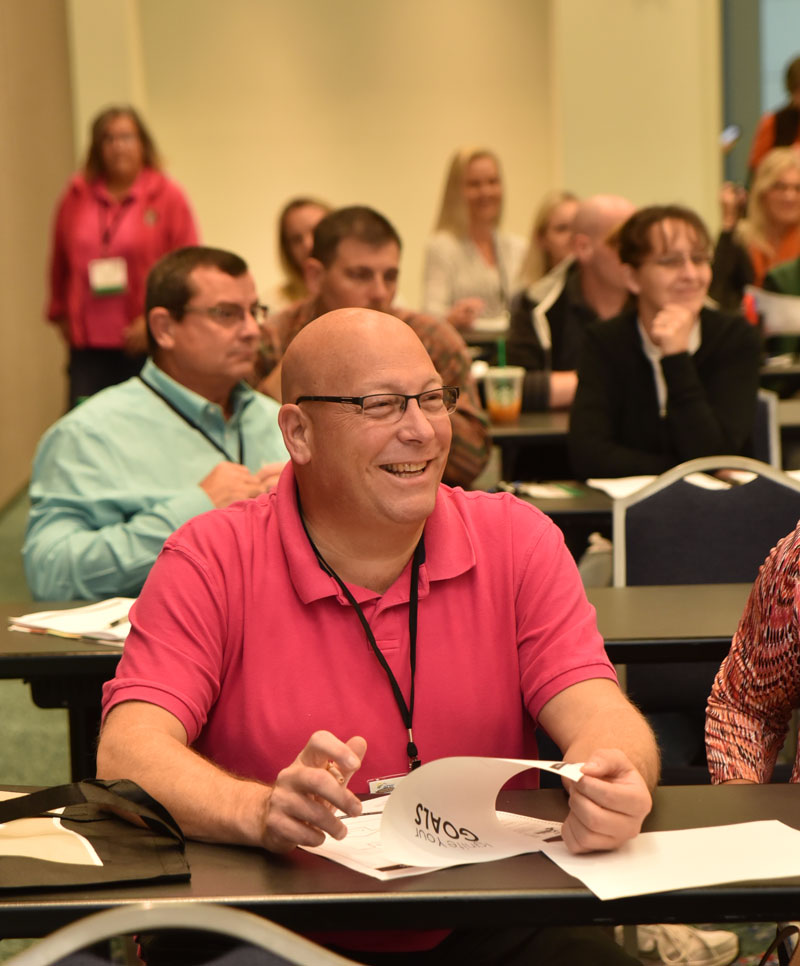
ARVC is set to use the voluntary standards to build its educational offerings.
WCM: Is the task force taking into consideration the NFPA 1194 guidelines?
Palmeri: NFPA is referenced in this document in several places. Nobody gets excited about that standard, but it’s because they’re used to it. It’s been around a long time and it makes sense. I think when they see this, owners will realize that this is nothing to be afraid of or intimidated by. These are just common-sense guidelines for people to know and will help others understand the industry and their responsibilities to the consumer.
WCM: Can you give an example of some of the things the task force is looking at?
Palmeri: In the Health & Safety section, for instance, there is a part called Health: Free from Sickness, Disease or Infection. One of the first clauses is cleaning protocols that you would implement. Standard operating procedures for disinfecting/housekeeping practices that identify the frequency, cleaning agents, techniques for common areas, restrooms, large facilities and bed bug treatments.
That is just a standard, it is not telling you how to do it or what exactly to do, but that you should in fact take the time to create standard operating procedures to cover those things. Those really are basic things. Your staff should know how to clean a restroom or cabin.
Most of the regulatory compliance that we call out we do preface with: ‘You should comply with all national, state and local health departments.’ Whether that’s cleaning your pool or your hot tub, water treatment, sewage treatment…etc. We refer to the fact that you should be working in compliance with your local state and national guidelines. That’s how basic it really is.
It just identifies all of those things, so that in one document an operator, especially somebody new to the industry, can come in and go, ‘Wow, these are the buckets or the areas that I should pay attention to as I get started down this road.’
WCM: Is this something that will be reviewed and updated regularly?
Palmeri: There has been no discussion around that, and I think once you see the document you will realize that it doesn’t need an annual or even an every other year update. That’s not to say that things aren’t going to change over the course of five or 10 years. I’m not saying it’s out of the realm of possibility, but I don’t see it being an ongoing thing.
WCM: There were some concerns about the makeup of the task force and the fact that there are several individuals that represent larger corporate owners. How was this task force put together and who should have a say in this process?
Palmeri. This is a completely wide-open discussion. In terms of corporate players, I see three that would be considered representing corporate owners on the task force. Four of the people have been in the industry less than 15 years, and the other five or six people have been involved for decades for a combined total of 319 years of experience that went into creating this document. We went out of our way to bring in a wide range of people, even small park operators.
We can’t hide under a rock anymore. RV parks and campgrounds are on the main stage of tourism. I don’t think people should worry about that as much as they maybe do. I know back in the day, people worried about dynamic pricing and said that campers would talk to each other, and they’d never come back. I can only look at what my kids implemented, and it was a huge success and it was successful for the park. I think that you could count on one hand over 11 years how many people got upset and didn’t come back to the park.
WCM: When this is all said and done, what does the task force hope to accomplish with these standards?
Palmeri: It will be like a teaching instrument. When you see it, you will see that owning a campground operation is a huge endeavor. I know for us, it was like running a small city. You get into stuff that in normal life you never have a background in. I see this as a template for education, which is going to be a huge component of it. ARVC has its regular education that it does at conventions and other places, but it will also create online content, specifically designed to target what we have identified under the standards.
People can look and say, ‘Oh, that’s a great idea. Maybe I should be doing that,’ and add that to what they do in their park, and there will be educational components to help them understand how to do that.
Source: https://rvbusiness.com/wcm-qa-palmeri-discusses-arvcs-voluntary-standards/


